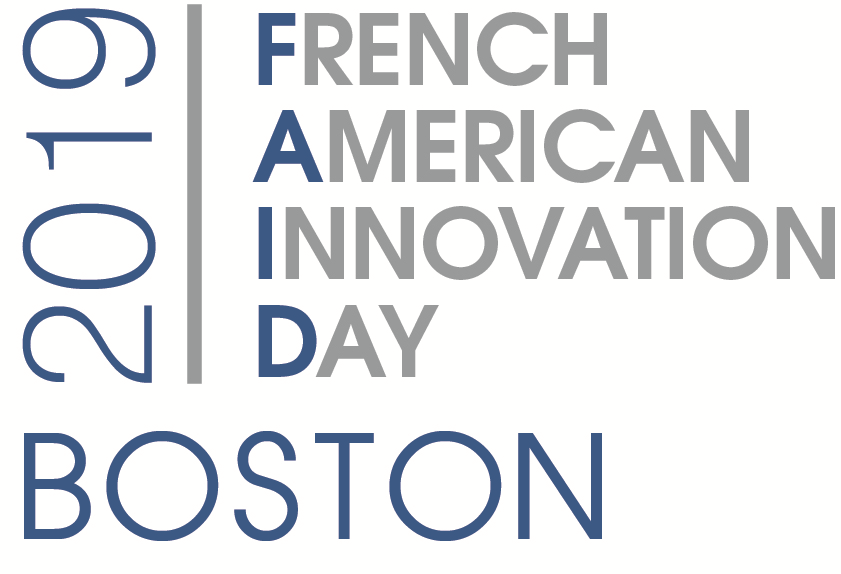Structural-geotechnical Interaction of Moorings of Floating Systems
Anchoring systems are key components of the support structure of floating platforms and their design includes many opportunities for innovation and challenges to delivering reliable performance. Mooring systems are known in the oil and gas industry to be a potential source of reduced reliability, and implementation of mooring systems for floating platforms will require deeper understanding of the interaction of structural and geotechnical behavior. Among the challenges to the design of new mooring systems, the following are prioritized for discussion in this panel: cyclic loading and soil uncertainty, optimization of mooring architecture, and mooring and anchor design for intermediate and shallow water depths.
Moderator: Sanjay Arwade (UMass Amherst)
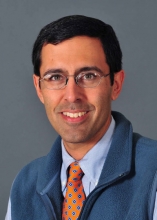
Sanjay Arwade is a Professor of Civil Engineering at the University of Massachusetts Amherst with a research focus in offshore wind energy. He studied Civil Engineering at Princeton and Cornell Universities and has been on the faculty at UMass for 12 years. His research has been funded by the US National Science Foundation, the US Bureau of Ocean Energy Management and the Commonwealth of Massachusetts and his work has been published in journals such as Renewable Energy, Wind Energy and Wind Engineering, among others.
Panelist #1: Franck Schoefs (University of Nantes)
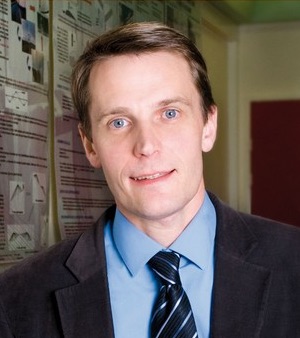
Prof. Franck Schoefs,
Panelist #2: Thomas Langford (NGI)
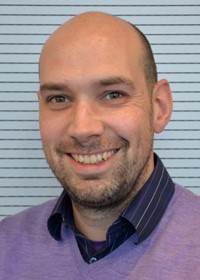
Thomas Langford is Director for Offshore Energy at the Norwegian Geotechnical Institute in Oslo, with 20 years’ of experience within the offshore industry, with a technical focus on the
Panelist #3: Matthieu Dujon (LeBéon manufacturing)
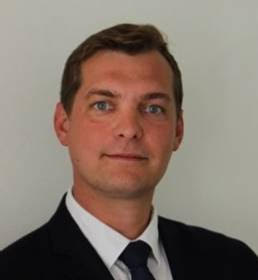
Matthieu Dujon
Matthieu Dujon is graduated with a naval architecture diploma of Engineering “Yacht and Powercraft design” in 2008 at the Southampton Institute, supplemented with two masters specialized in project management at the University of Nantes.
He was also a marketing manager and in charge of export markets for the deployment of modular civilian and military buildings for five years, with several professional experiences in maritime environments.
Panelist #4: Pierrick De Belizal (INNOSEA)
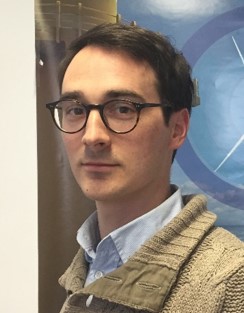
Pierrick de Bélizal is in charge of structural analysis of Marine Renewable Energy units, at INNOSEA since 2017 (Nantes). He has a 7-year experience in offshore structural design, including fixed/floating offshore wind turbines foundations design.
He graduated with a Civil Engineering diploma (Ecole Centrale de Lyon / Heriot Watt University (Edinburgh), 2011) and a Maritime Engineering diploma (ENSTA ParisTech, 2012).
INNOSEA, now part of LOC Group, is an independent specialized engineering consultancy proposing its services to support the development offshore renewables energies. INNOSEA is strongly involved in supporting the floating offshore wind turbine industry development, by providing technical support to technology developers and participating in research programs. INNOSEA has developed expertise in assessing the dynamic behavior of complex coupled systems such as FOWT, for mooring systems design and optimization. INNOSEA, as part of LOC Group, also supports the industry with geotechnical expertise, from design and operational point of view.
Panelist #5: Leopoldo Bello (Vryhof)
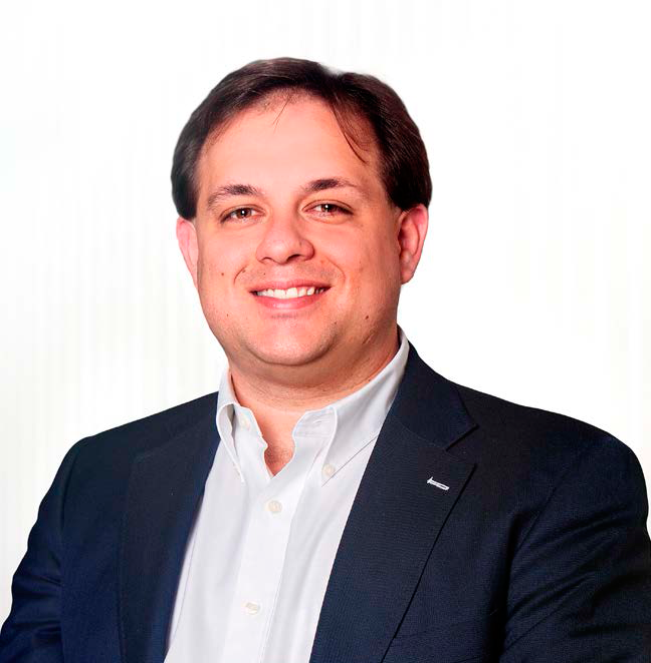
Vryhof is a trusted partner to many of the offshore industry’s leading companies, delivering innovative and customer-focused anchoring and mooring solutions.
Leo Bello is Vryhof’s Managing Director. Commuting between Rotterdam and Houston he is responsible for company activities worldwide. He believes in partnering with clients to understand and expand solutions. Leo is personally committed to support the advancement of floating renewals and has been directly involved in several projects.
He is an Industrial Engineer specialized in Operations Research and Robotics and holds a Master on Business Administration from Harvard Business School.
Panelist #6: Charles Aubeny (Texas A&M University)
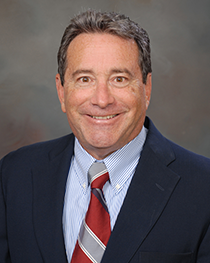
Dr. Charles Aubeny is a Professor of civil engineering at Texas A&M University, specializing in geotechnical engineering. He is a licensed professional engineer in Texas, California and Colorado. He received a doctoral degree in civil engineering at the Massachusetts Institute of Technology in 1992. Dr. Aubeny has held his current faculty position at Texas A&M University since 1999. His interests include offshore geotechnical topics such as deep water anchors, subsea risers and conductors, and subsea gravity foundations; as well as land-based problems associated with levee integrity, slope stability, excavations and retaining structures. He teaches courses and consults on topics in foundation engineering, slope stability and retaining walls, and numerical methods.
